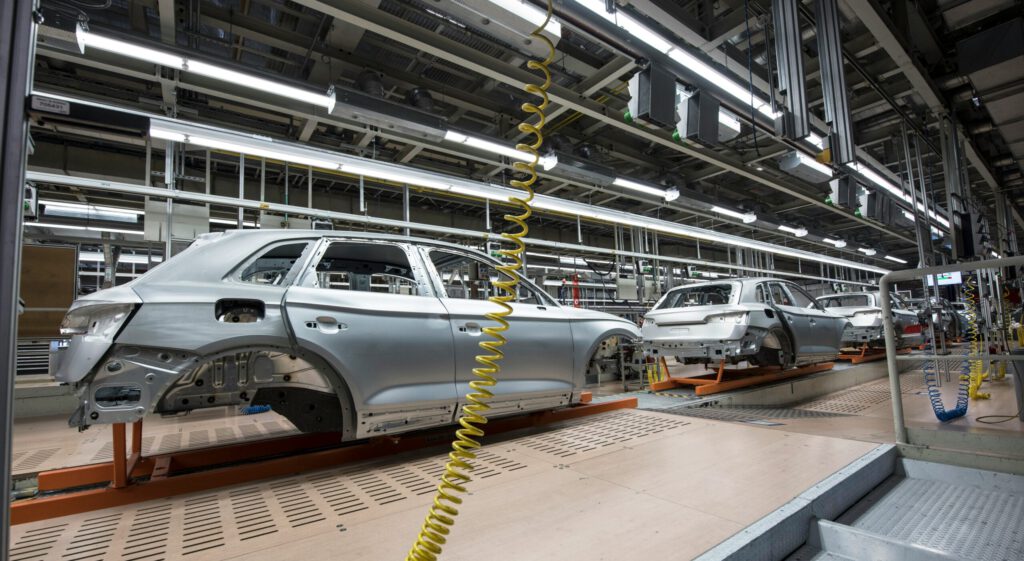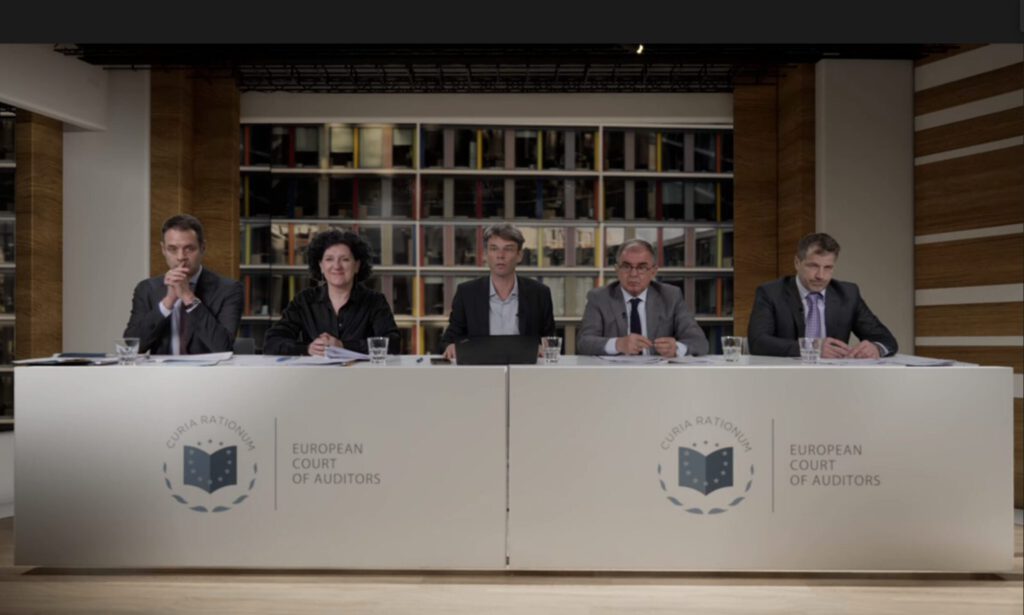
The European Court of Auditors has sharply rebuked the EU’s climate strategy. The financial auditors are giving politics a historic slap in the face.
There is hardly an industry whose products are completely banned from a certain date.
This is exactly what has happened to European car manufacturers, as the EU is banning diesel and petrol vehicles from 2035, with the corresponding consequences for consumers and around 3 million jobs in an entire industry.
Europeans are behind
But now, for the first time, there is official protest based on facts.
The European Court of Auditors has presented a so-called ‘synthesis report’ on climate strategy while the financial auditors are completely ripping the EU’s approach to shreds.
The EU is not on track either in reducing emissions from passenger cars or in developing alternative fuels to petrol and diesel, it was reported from Luxembourg on Monday evening.
Europeans are also lagging behind in the production of car batteries, which are essential for achieving climate targets.
And the lack of charging infrastructure for electric vehicles is also still a major obstacle to achieving the strategy.
Not competitive
The assembled press was completely taken aback. And the slap in the face to Brussels went down perfectly.
“However, we must note with regret that most conventional cars still emit as much CO2 as they did 12 years ago, despite ambitious targets and strict requirements,” was one criticism.
Nevertheless, the guardians of EU finances did not want to be seen as political. They would only issue their warnings on the basis of their four reports on the actual situation regarding vehicle emissions, biofuels, the European battery industry and the situation regarding the charging infrastructure.
Furthermore, the EU’s decisions would also mean that its citizens would have to pay prices forecast to be far too high.
Dependence on China
The batteries alone cost around 15,000 Euro – but the average purchase price of an entire electric car in the highly-subsidized industry is only 30,000 Euro.
It is clear that practically everything would have to be imported from China in order to achieve the strategic goals.
“Less than 10 percent of global battery production takes place in Europe, and most of the manufacturers are non-European companies,” warned the Court of Auditors.

China accounts for the lion’s share of global production at 76 percent, the report continued. Europe would become completely dependent on the Middle Kingdom if it continued to pursue its climate strategy unwaveringly.
The visibly angry members of the European Court of Auditors warned that the EU wanted to move away from Russian natural gas imports and was lurching into the next dilemma by becoming dependent upon China.
Lack of trade agreements
A new problem arises with battery production.
A particular obstacle for the EU battery industry is its heavy dependence on imports of raw materials from third countries with which it has not concluded suitable trade agreements.
For example, 87 percent of raw lithium imports into the EU come from Australia and 80 percent of manganese imports come from South Africa and Gabon.
Around 68 percent of raw cobalt comes from the Democratic Republic of Congo and 40 percent of graphite is imported by the EU from China.
Solving a double dilemma
This is good news for Swiss automotive suppliers who work for German groups such as BMW, Mercedes-Benz and Volkswagen, as well as French and Italian vehicle manufacturers such as Renault, Peugeot, Fiat and Ferrari.
It now seems somewhat averted that an entire branch of industry is being razed to the ground, right on our doorstep. In addition, the European Court of Auditors is highly respected in Brussels for its analyses and politicians generally take its warnings and recommendations seriously.
The ball now sits in that court in Brussels – because the proposed ban on diesel and petrol vehicles is virtually untenable.
The double dilemma between ecological priorities and industrial policy intertwined with perceived environmental goals, albeit resulting in exorbitant costs for consumers, urgently requires a completely different strategy.
23.04.2024/kut./ena.





